Normal Tracing Letters worksheets activities for Ages 5-6
31 filtered results
-
From - To
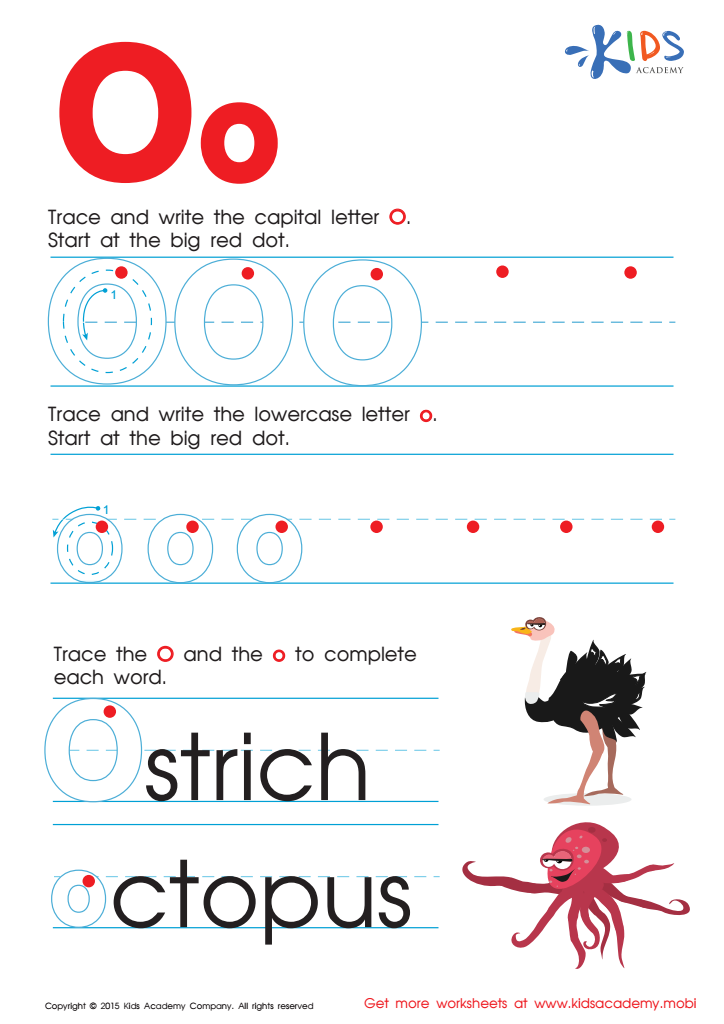

Letter O Tracing Page


Letter P Tracing Page
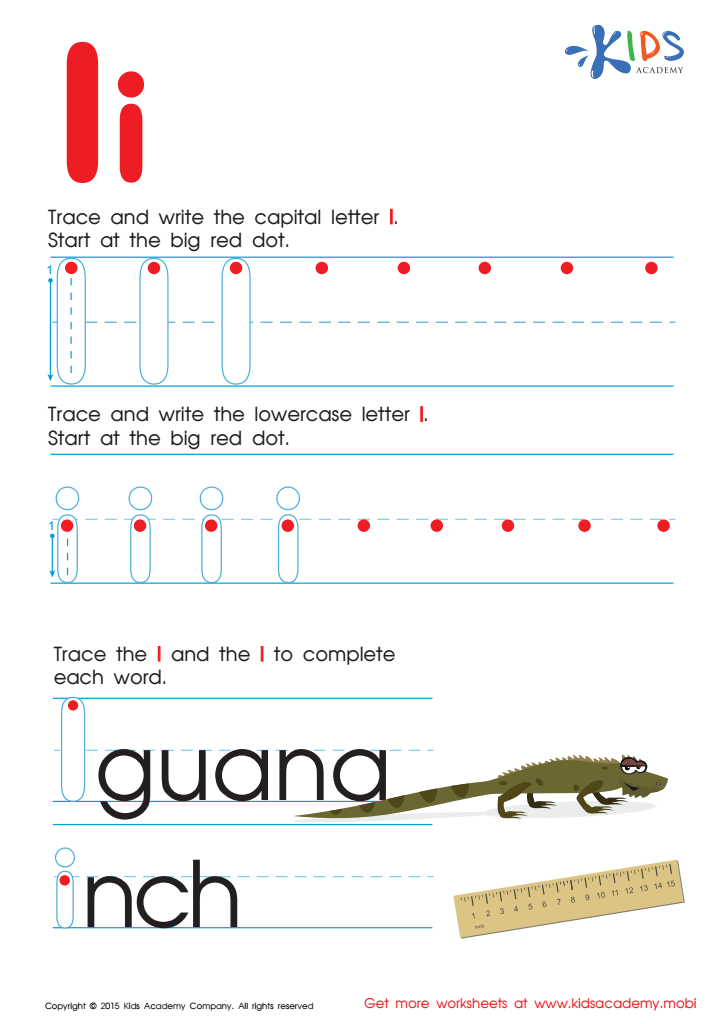

Letter I Tracing Page
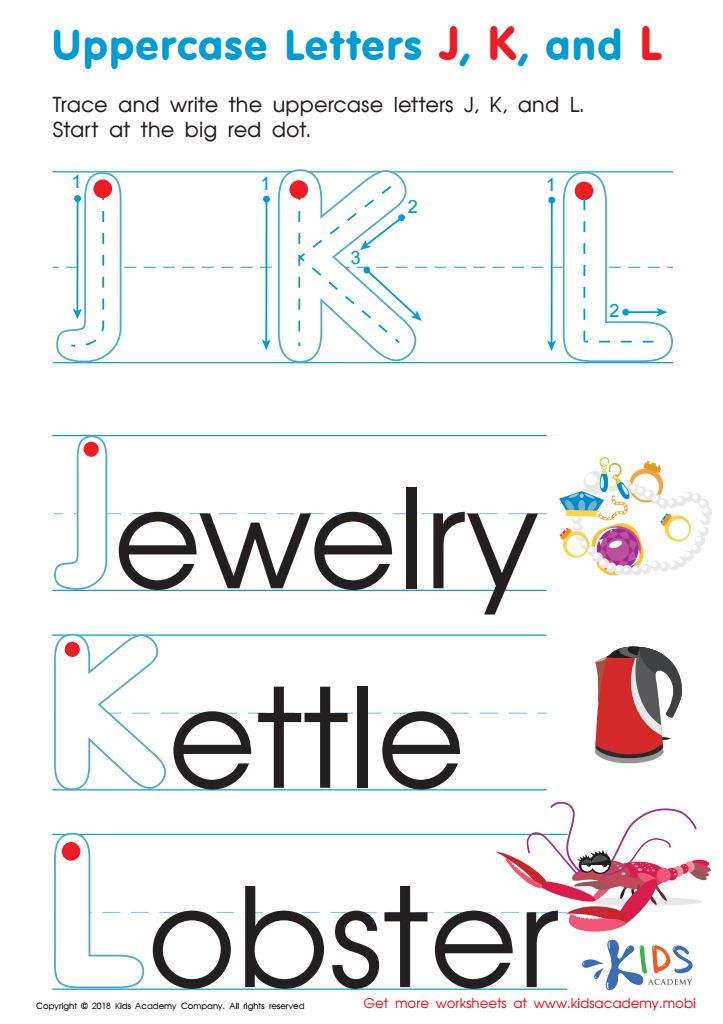

Uppercase Letters J, K, and L Worksheet
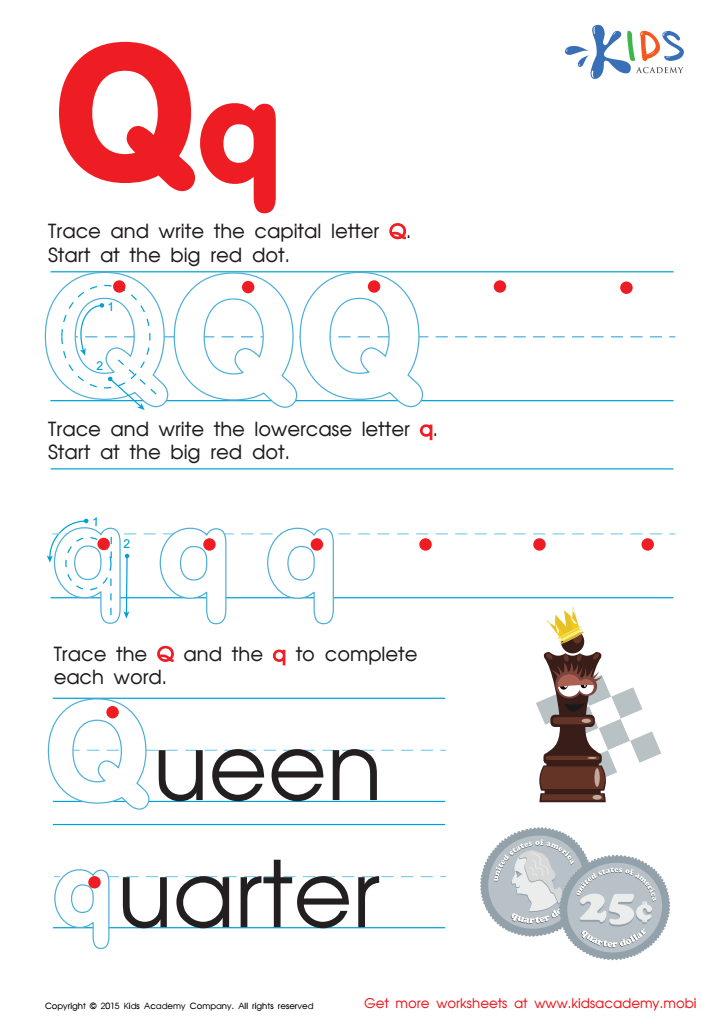

Letter Q Tracing Page


Letter H Tracing Page
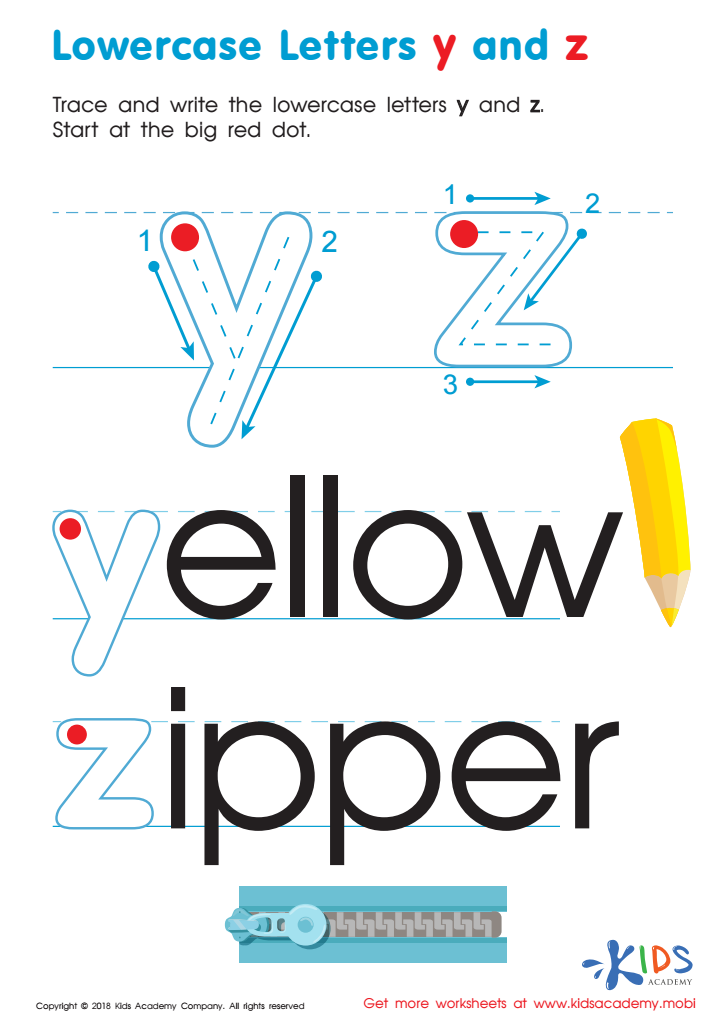

Lowercase Letters y z Worksheet
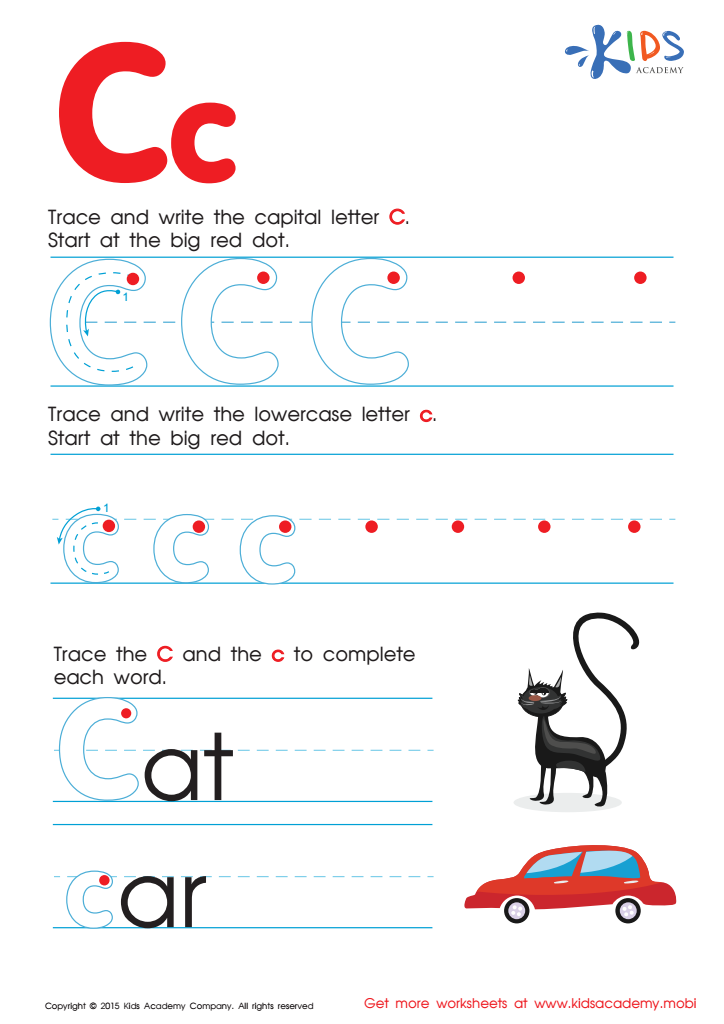

Letter C Tracing Page
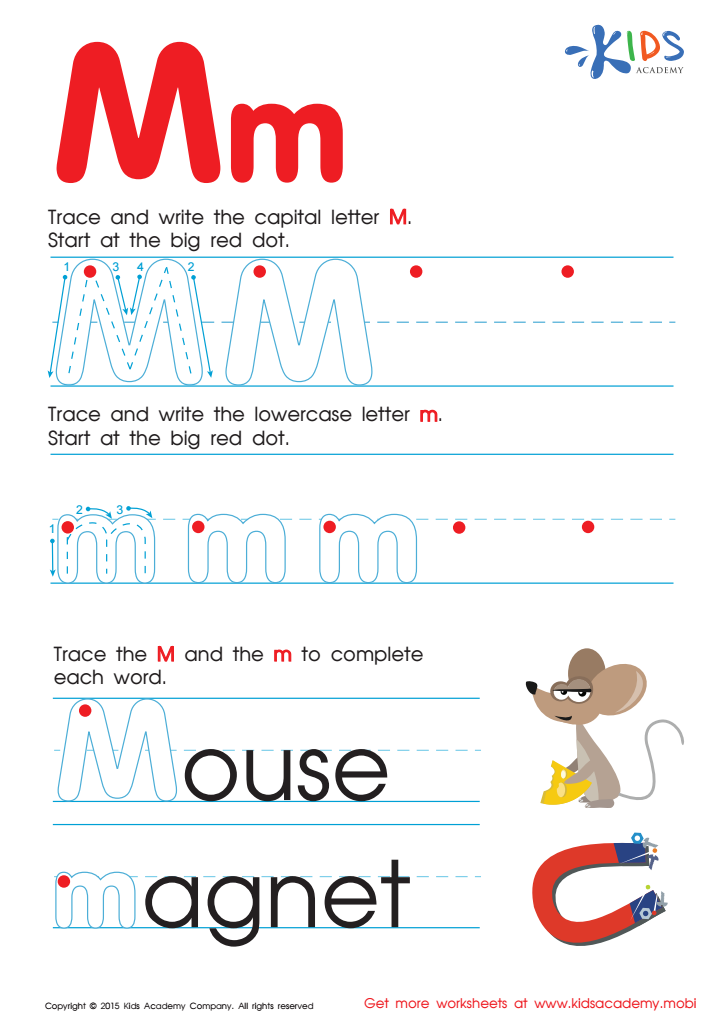

Letter M Tracing Page
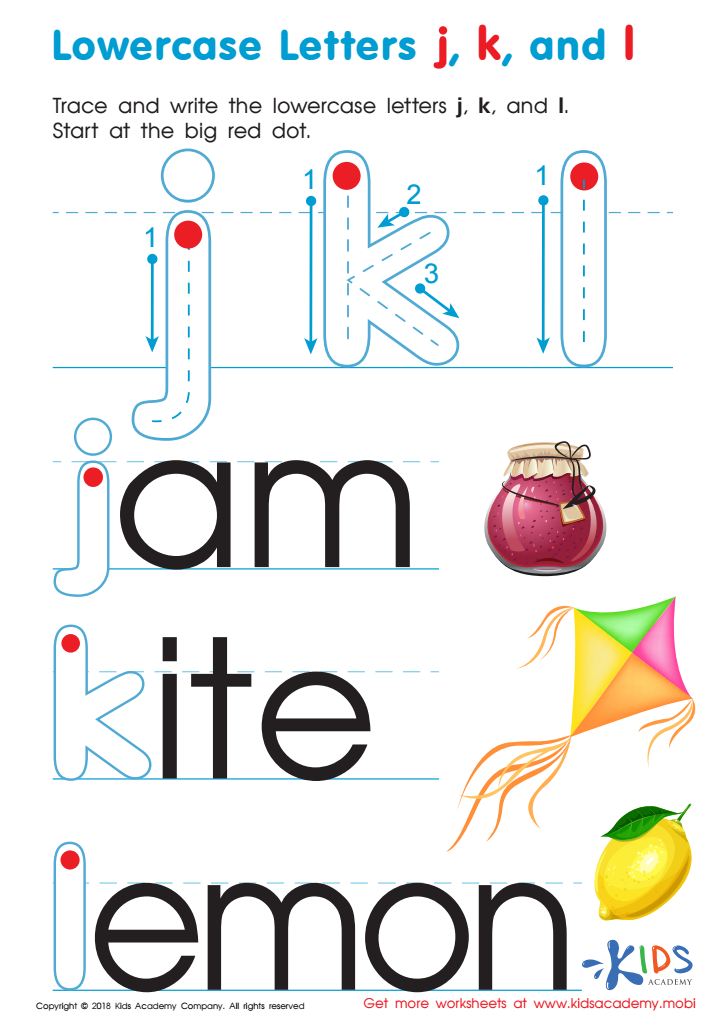

Lowercase Letters j k l Worksheet
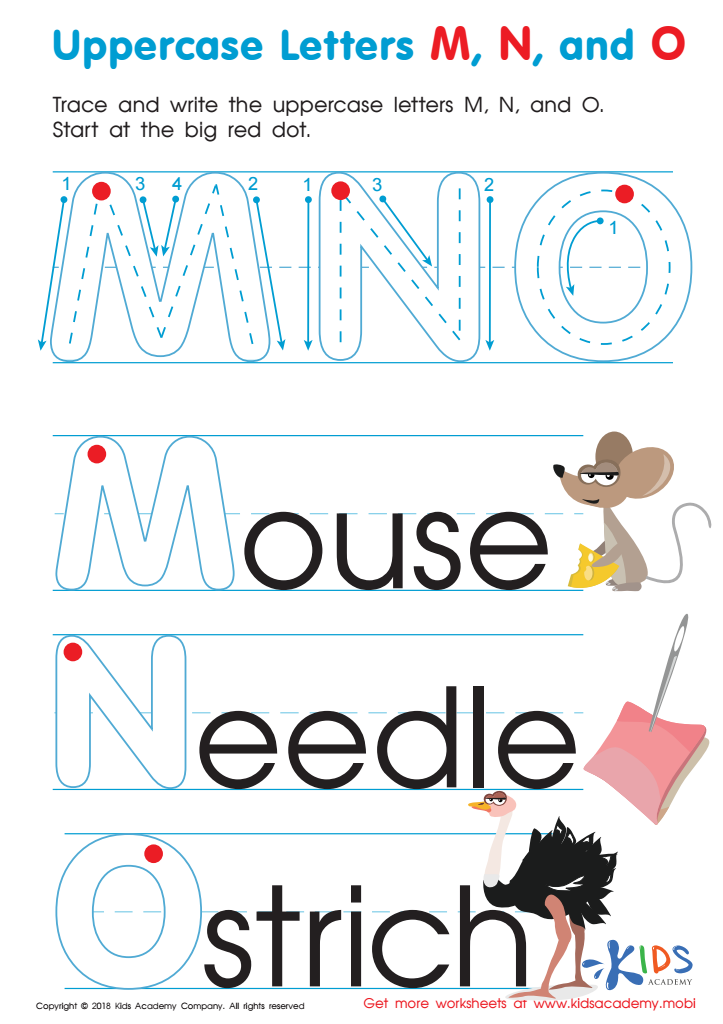

Uppercase Letters M, N, and O Worksheet
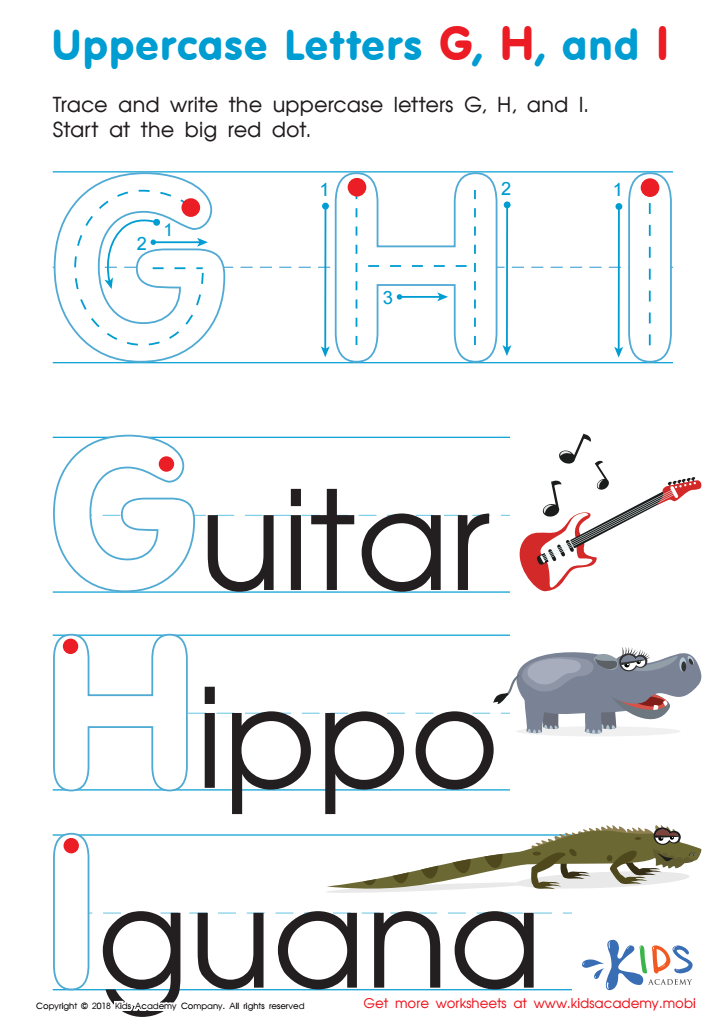

Uppercase Letters G, H, and I Worksheet
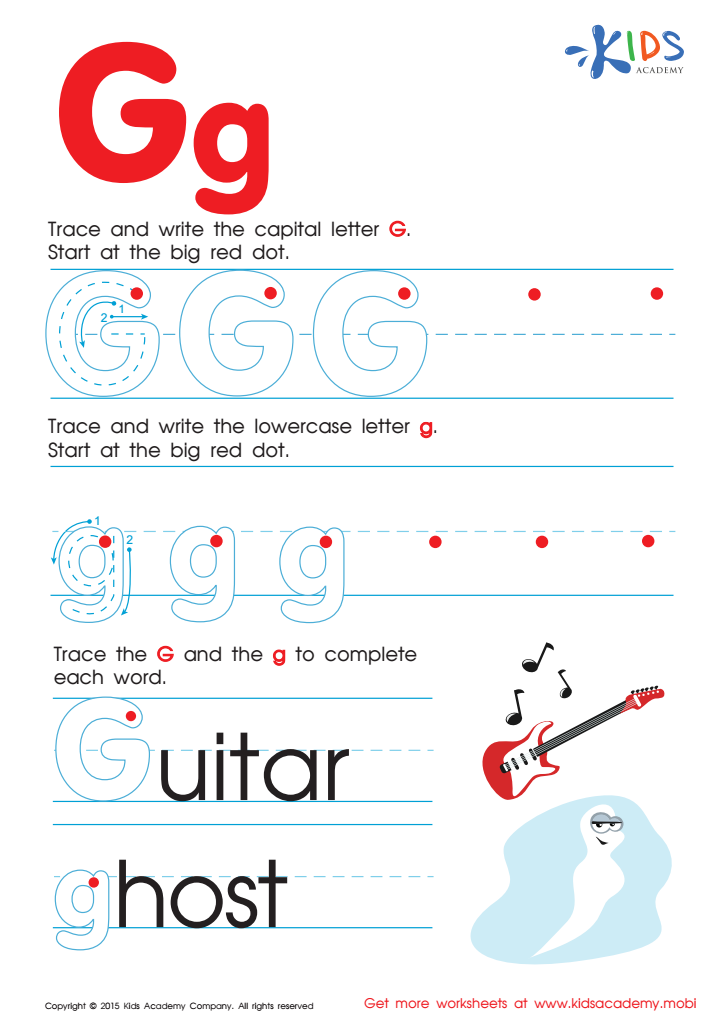

Letter G Tracing Page
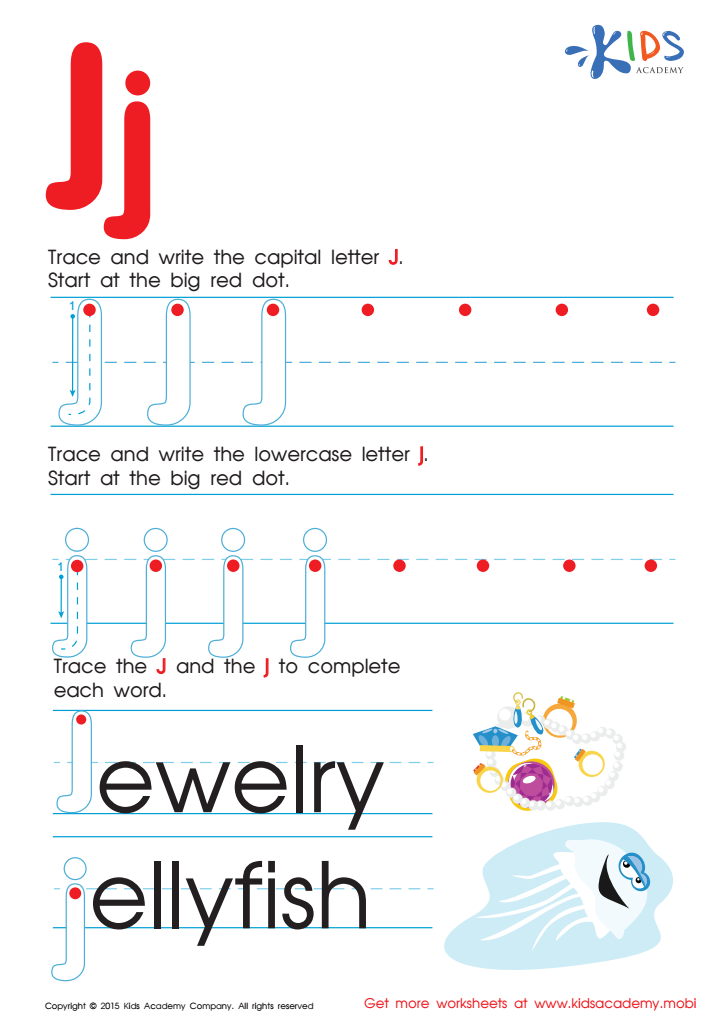

Letter J Tracing Page
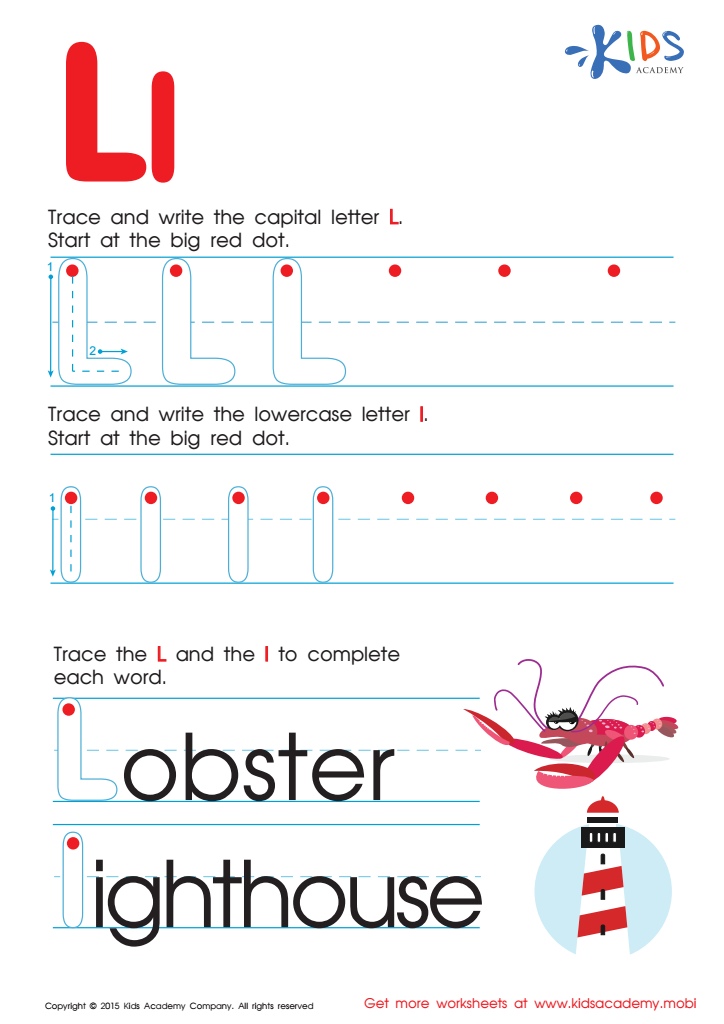

Letter L Tracing Page
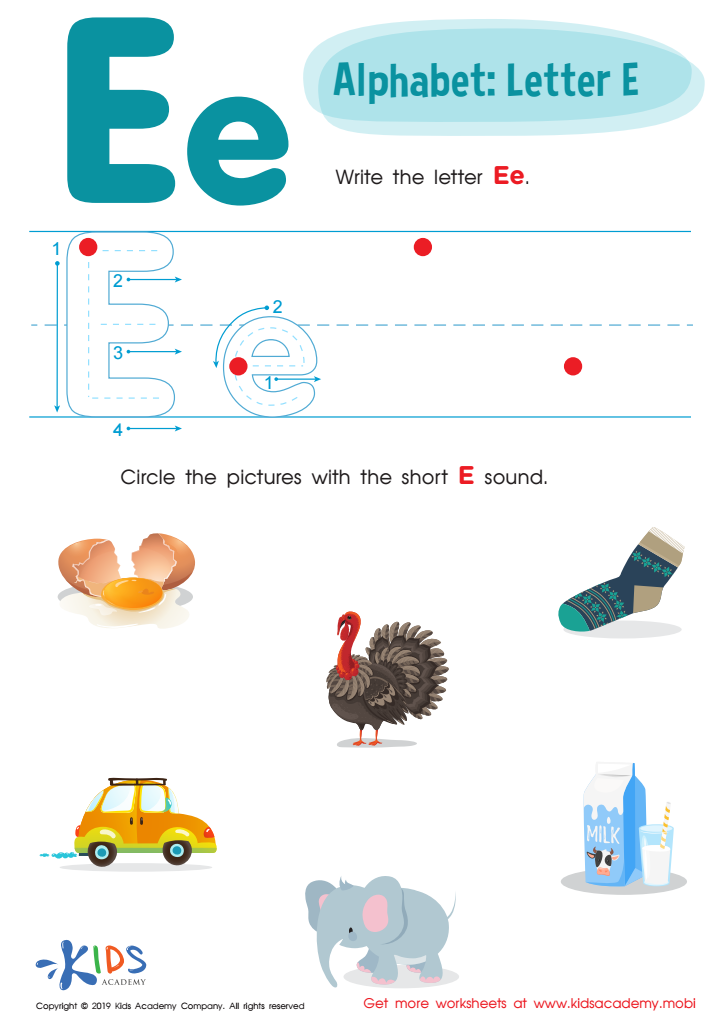

Letter E Tracing Worksheet
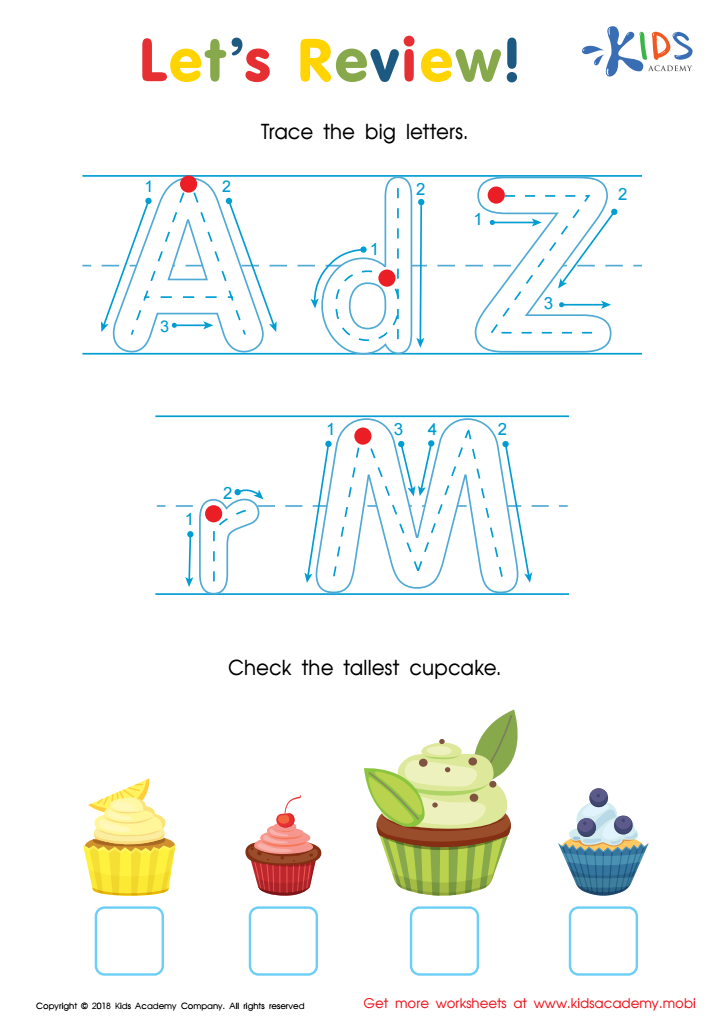

Let's Review! Big Letters Worksheet
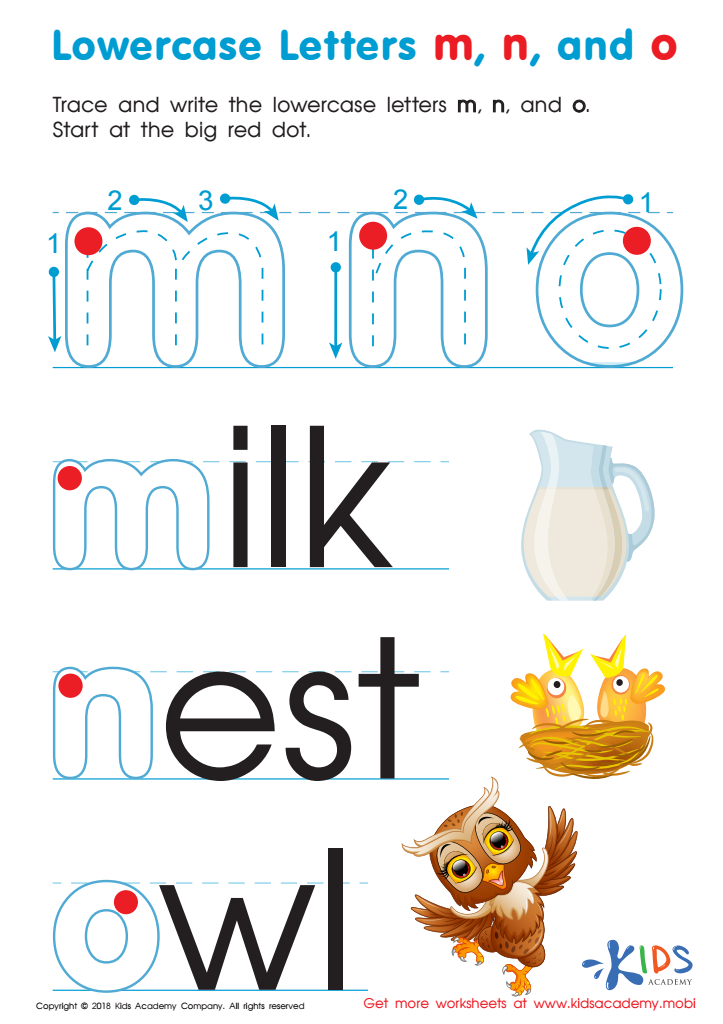

Lowercase Letters m n o Worksheet
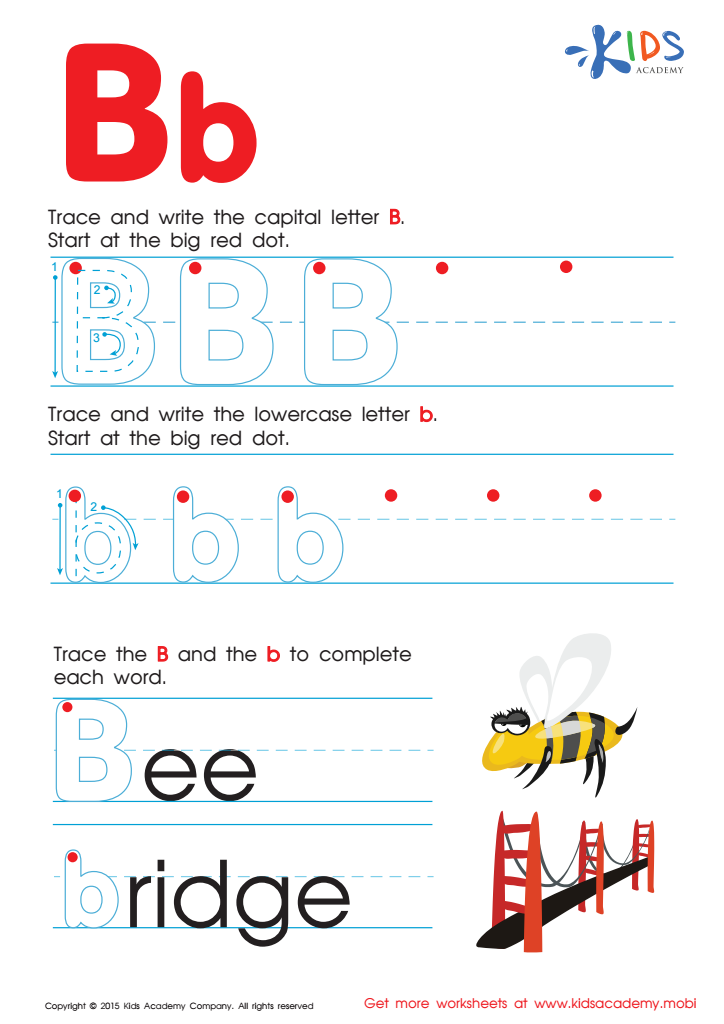

Letter B Tracing Page
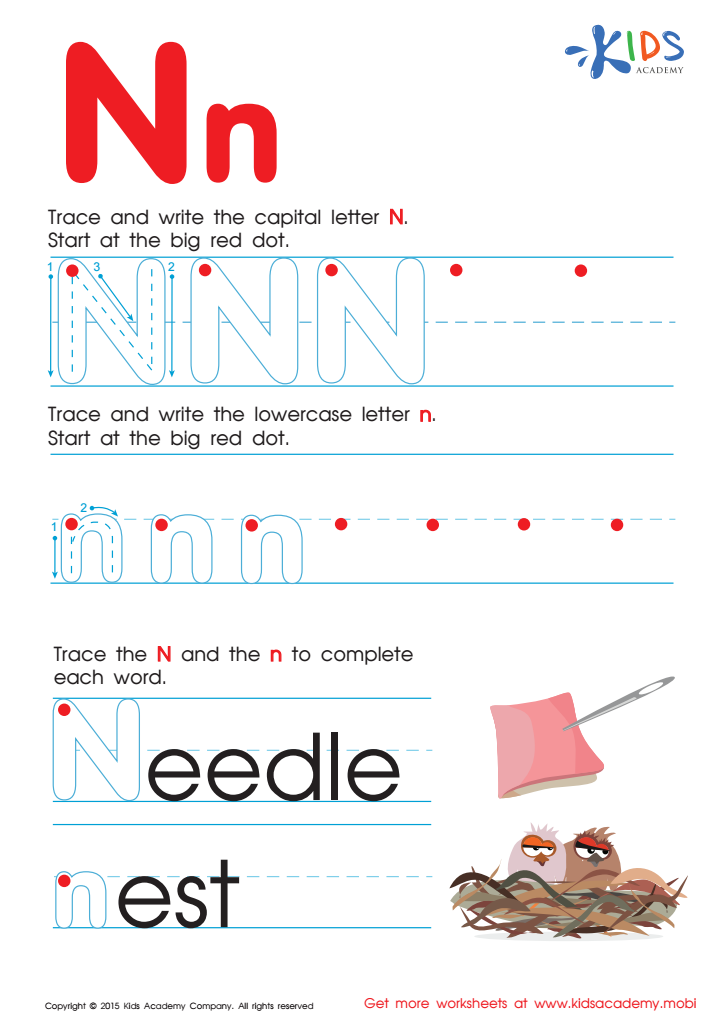

Letter N Tracing Page
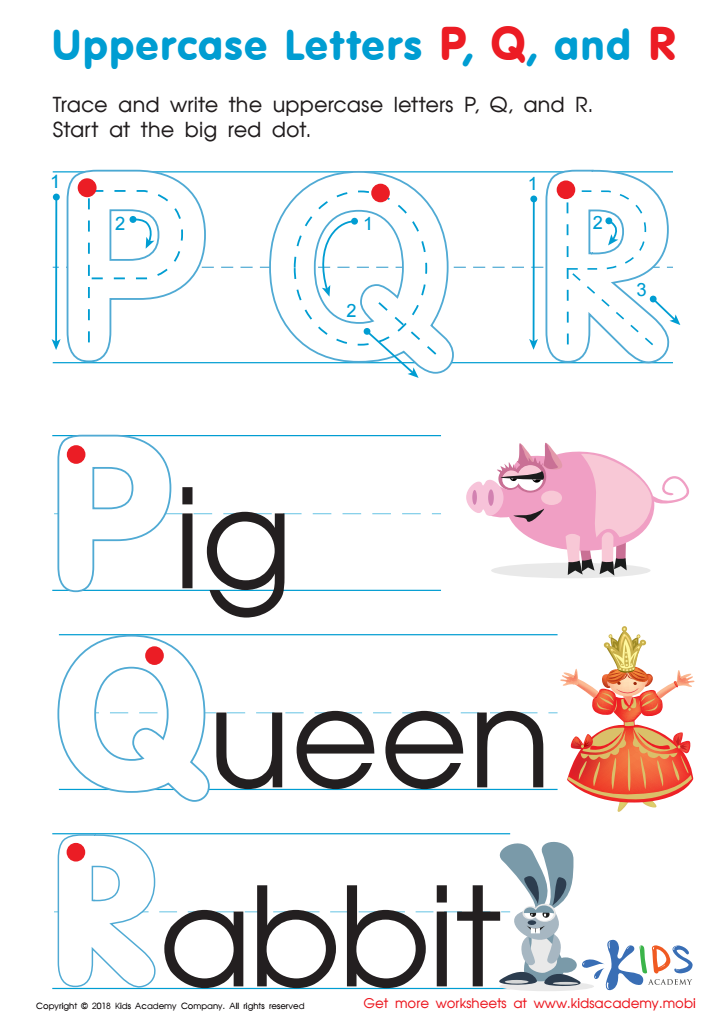

Uppercase Letters P, Q, and R Worksheet
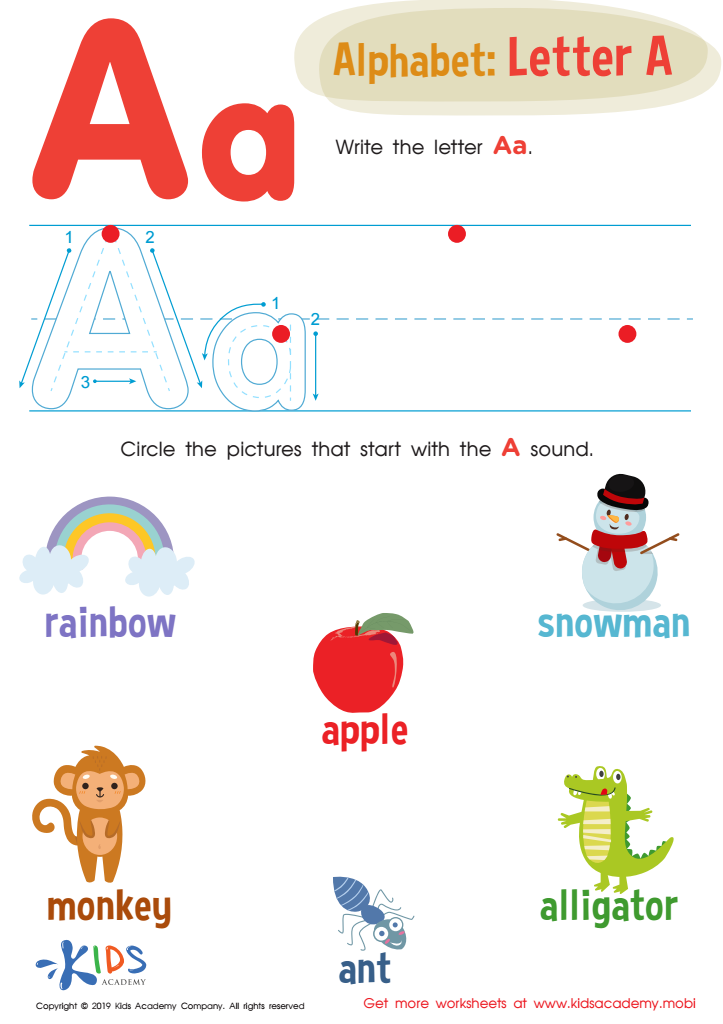

Letter A Tracing Worksheet
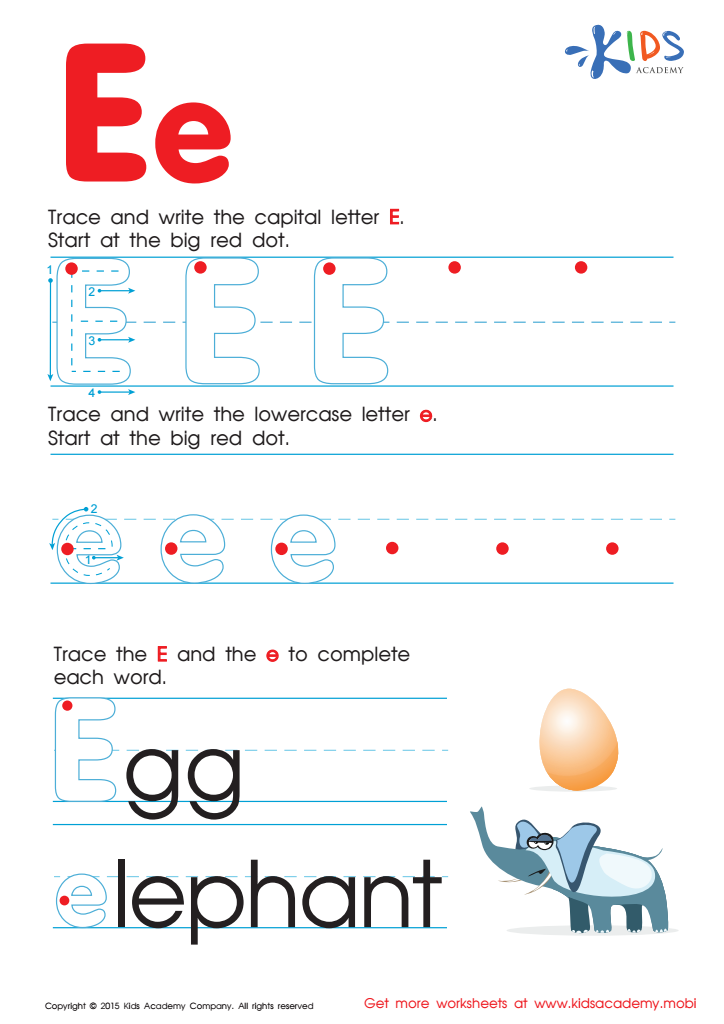

Letter E Tracing Page
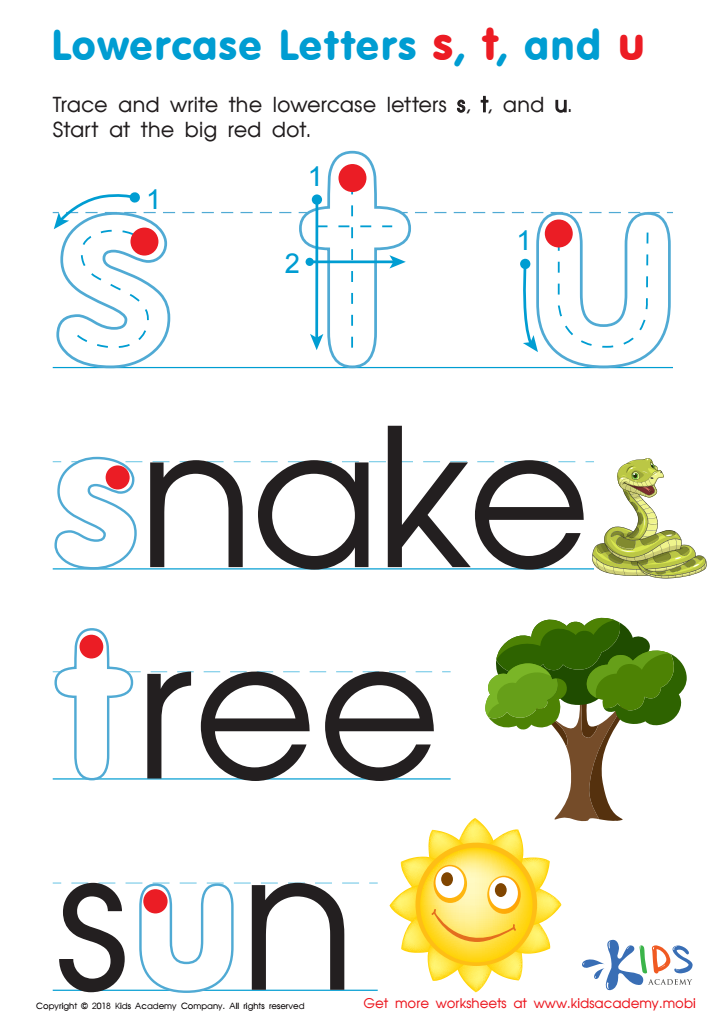

Lowercase Letters s t u Worksheet
Normal Tracing Letters worksheets activities are an essential part of early learning environments, offering a structured approach to help children acquire fundamental writing skills. These activities are meticulously designed to guide young learners through the intricate process of understanding and drawing the shapes of letters, which is a foundational step towards literacy and effective communication. The usefulness of Normal Tracing Letters worksheets activities can be appreciated through several key aspects of early childhood education.
Firstly, these activities foster fine motor skills development. Tracing letters requires children to use pencils or crayons, manipulating them with precision to follow the outlines. This improves their hand-eye coordination and prepares their hands for future writing tasks, making the transition to independent letter formation smoother and more successful.
Secondly, Normal Tracing Letters worksheets provide a systematic approach to learning the alphabet. By engaging with these activities, children become familiar with each letter, its shape, and its sound, reinforcing their alphabet knowledge. This familiarity is crucial for reading readiness, as recognizing letters is a fundamental skill in learning to read.
Moreover, these worksheets offer a repetitive yet engaging learning experience. Repetition is key in the learning process, especially for young children. By repeatedly tracing letters, kids reinforce their memory and understanding of the letter forms, making it easier for them to recall and recognize these letters in different contexts.
Additionally, Normal Tracing Letters worksheets activities can be a source of confidence building. As children successfully trace letters and see their progress, their confidence in their writing abilities grows. This positive reinforcement encourages them to continue learning and experimenting with writing, fostering a love for literacy from an early age.
In summary, Normal Tracing Letters worksheets activities are invaluable in the early stages of education. They not only support the development of essential writing skills but also lay the groundwork for literacy, making them a cornerstone in preparing children for successful academic journeys.
 Assign to My Students
Assign to My Students















